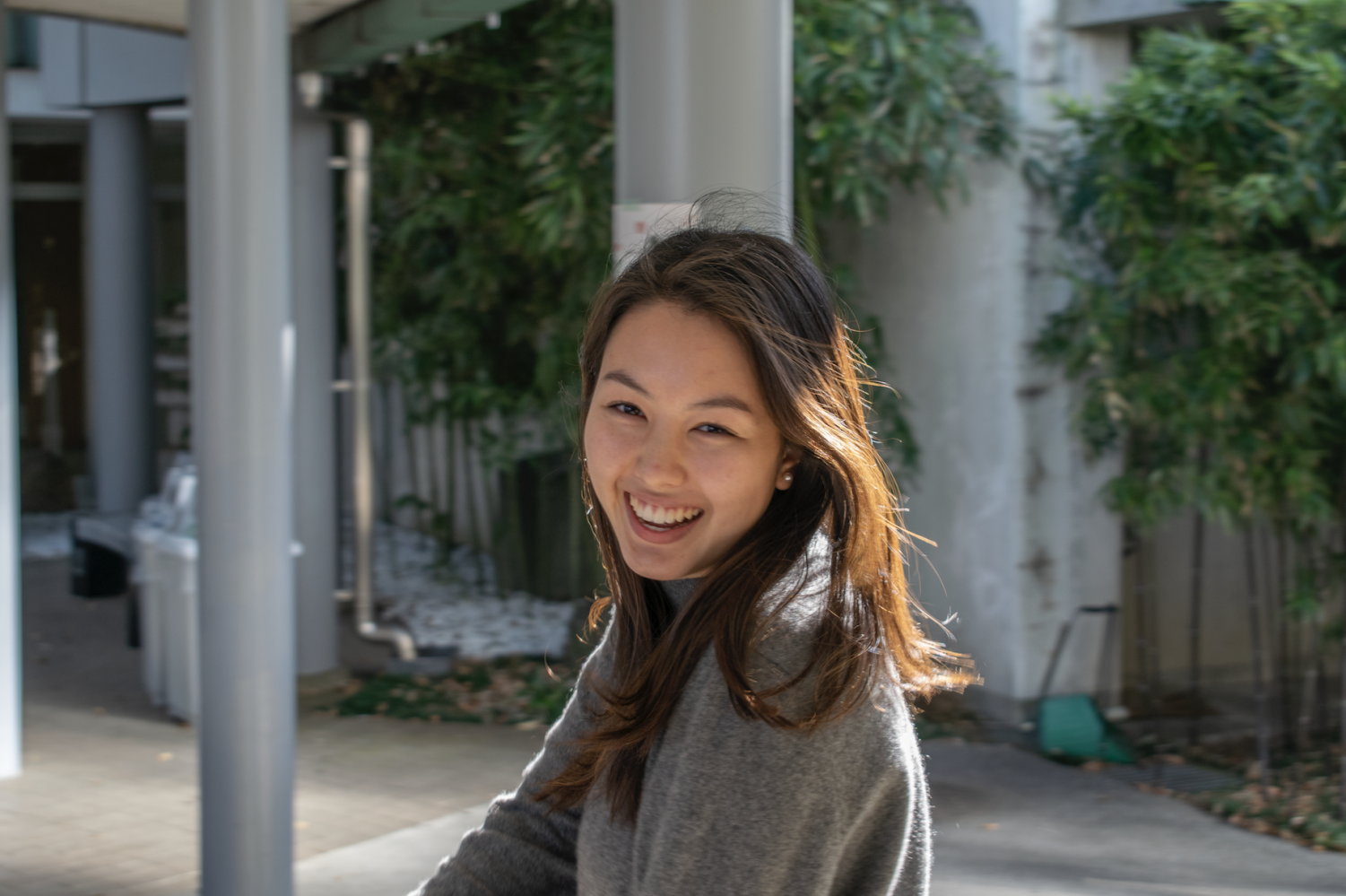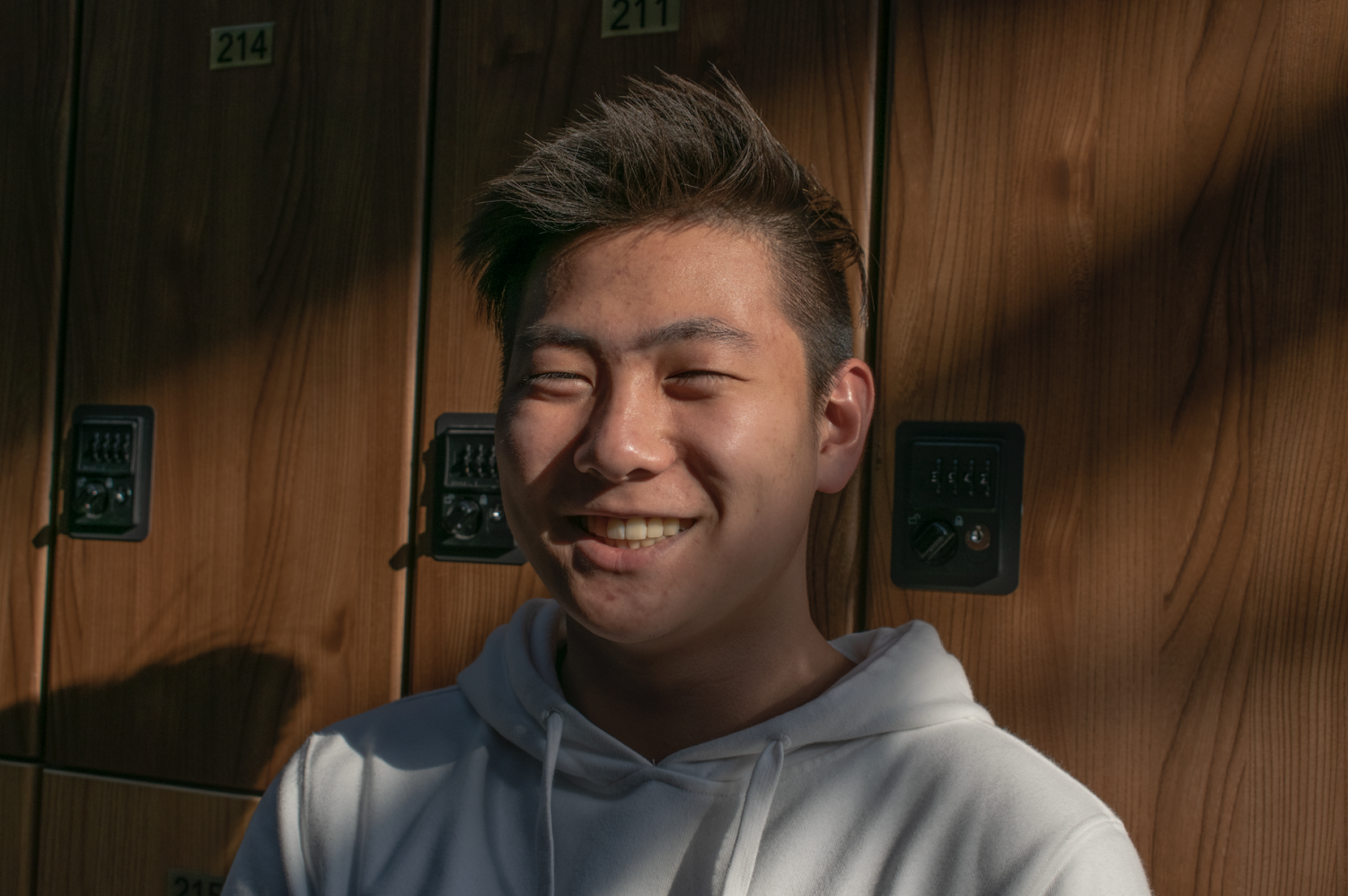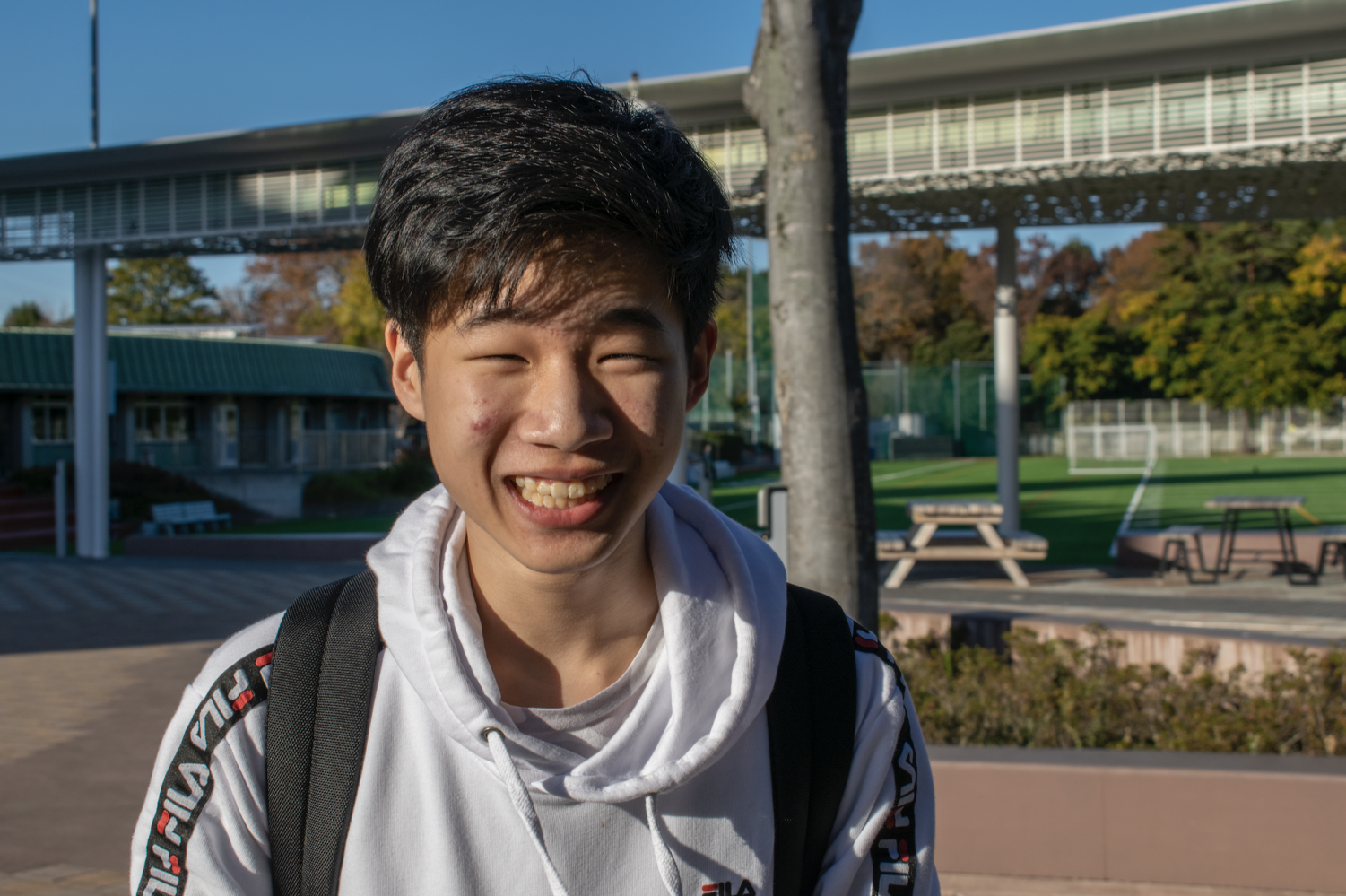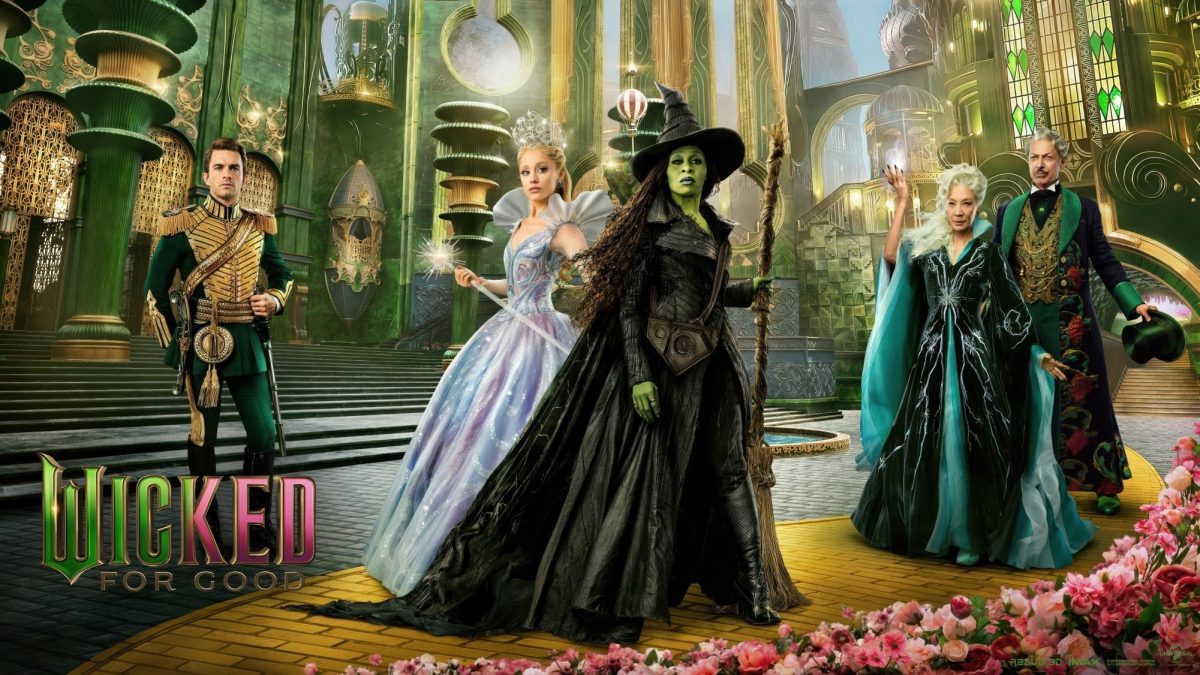How to Define Coming of Age?
December 17, 2019
Every culture seems to have them: the Jewish bar/bat mitzvah, the Korean Gwanrye/Gyerye, the Latin Quinceañera, the Japanese Seijin no Hi ―coming-of-age traditions are a rite of passage around the world. To learn how students at ASIJ view coming of age, I interviewed students from Grades 10-12, asking them to reflect on what traditional benchmarks mean for them as multicultural youth.

“Personally, hitting sixteen wasn’t as big of a deal because I’ve lived overseas and so I couldn’t drive yet, and I couldn’t get my license,” explained 17-year-old American Jessica Sliter ‘20. “It’s not really a big milestone that I think of in terms of getting new privileges, getting a new curfew. I didn’t get a car, a big party or anything like that. But in another sense, mentally, I think it kind of is a hump.”

Taiwanese-American Lauren Hartz ‘21 adds, “I’m 16 now. That’s well into my teenage years, and so in some ways, I have higher expectations for myself. Maybe this is when I’ll really figure out who I am as a person and what I want in life. Whether or not that has happened is another question,” Lauren concludes, with a laugh.

As Lauren realized, these age benchmarks are rarely as transformative as we imagine them to be. They’re usually just another day in the life. Japanese-Australian Genta Firth ‘20 doesn’t see a link between specific ages and the maturity associated with those stages of coming of age. “I think coming of age is just a significant change in development or in evolution in your ideas and, inevitably, your personality, and it can come at any age.” Having passed the 18-year benchmark, Genta wonders, “I don’t know if I’m going through it or have gone through it or if I am anywhere near going through a major shift.”

If you ask 17-year-old Japanese Kai Nakazawa, he will tell you that change isn’t something you can pinpoint. “I think it’s more of a journey that you have over a long span of time. When you look back, it’s something significant, definitely. But, I don’t think it’s something that you can suddenly switch over to.”
Instead of this idea of a drastic switch, what makes these benchmark ages special is what they represent about closing one chapter and starting a new one.

For 15-year-old Korean-Singaporean Nio Kwan ‘22, that special age will be 21. “When I’m 18-19, I’ll be going into the army. That two years from about age 18-19 to 20-21will be my time to do military service [in Singapore]. The age of 21 will be a chapter closing for me and getting to move on, out of the army and into college.”

According to 16-year-old American Olivia Rivet ‘22, passing these benchmarks means, in a way, that “you’re losing your childhood and you’re going to have to be able to take care of yourself. There are so many aspects that we don’t understand just because we live sheltered lives.” For Olivia, the way to face this lies in “Embracing the fact that eventually, you’re going to have to live on your own, away from your family and your parents. There are going to be hardships, for sure, but you’re going to get through them because you have to, and you want to, in order to live a fulfilling life.”
What emerged from these interviews is the freedom ASIJ students have in defining stages of their lives. For most of us, coming of age means more than what our cultures define it to be. We are the ones who get to choose our own meaning, and, to quote Olivia, that can be “scary, but exciting.”




















Nelson • Dec 18, 2019 at 8:41 AM
What a great article! Love the topic and insights!